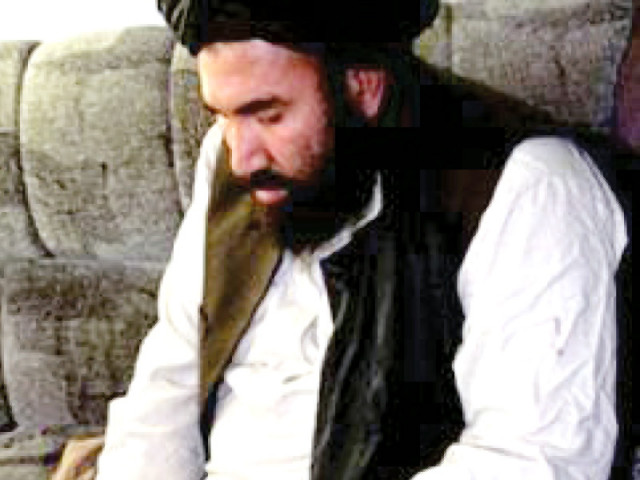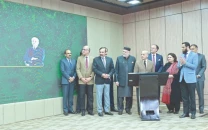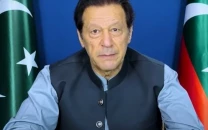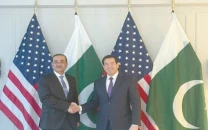Mullah Omar’s ex-top aide freed
Mullah Baradar will remain in ‘fool-proof’ security: FO.

Mullah Baradar. PHOTO: FILE
A former top aide of the fugitive Taliban spiritual mentor Mullah Omar is a free man now.
Pakistan set free former second-in-command of the ultraorthodox Afghan militia – Mullah Abdul Ghani Baradar – on Saturday as was announced a day earlier. Kabul welcomed the move it believes could facilitate the peace and reconciliation process.
“Mullah Baradar was released on Saturday morning,” Foreign Office spokesperson Aizaz Ahmad Chaudhry said in a brief statement. “Pakistan terms his release a major step in aiding Afghanistan’s reconciliation process with the Taliban,” he added.
Chaudhry said that although the former Taliban deputy chief was free, he would remain in ‘fool-proof’ security. “But he is not a detainee any more … he can meet and communicate with whoever he wants and can move anywhere he wishes,” he added.
Mullah Baradar’s release brings to 34 the number of Taliban cadres Islamabad has freed since last year.

The release was welcomed by the High Peace Council, a body mandated by President Hamid Karzai to make peace with the Taliban.
“We thank the government of Pakistan which responded positively to the request of Afghan government,” Mohammad Esmail Qasimyar, a senior member of the council, told The Express Tribune. “We hope Mullah Baradar will join peace talks soon. He is still an influential figure, and the Taliban respect him.”
The Afghan Embassy in Islamabad denied Mullah Baradar’s release was a result of a deal between the Pakistani and Afghan governments.
“We were eagerly awaiting Mullah Baradar’s release, but we got to know about it through the statement of Pakistan’s foreign ministry spokesperson on the media,” said Embassy spokesperson Zardasht Shams.
But while he welcomed the release, he signaled that his government would have been more satisfied had the former Taliban deputy chief and other Taliban detainees been handed over to Afghan authorities.
“[However] since Pakistan is practicing its own procedures, we are not in a position to comment on the development except appreciating the step taken by Islamabad to support the peace process.”
While hailing Mullah Baradar’s release, President Karzai’s spokesman Aimal Faizi urged the former Taliban commander to return to Afghanistan.
“Our first demand is that he returns to Afghanistan to meet his compatriots,” Faizi said in an interview with Pajhwok Afghan News. “But if he doesn’t want to return home, he should go to a secure place where the High Peace Council members could approach him for talks without any problem.”
However, analysts believe Mullah Baradar’s release will have little impact on talks with the Taliban. “The release is a sort of a confidence-building measure between Pakistan and Afghanistan,” security analyst Talat Masood said. “However, this release is not likely to make any significant difference in the negotiation process.”
A Taliban source agreed, saying Mullah Baradar had lost influence and would now be treated as ‘a simple guy in the network’ with no chance of rejoining the Quetta Shura.
Indeed, there is scant evidence that the release of any of the Taliban detainees has had a positive impact on peace efforts, and several are understood to have returned to the battlefield.
“None of the 33 Taliban detainees released since November last year have joined the peace process so far,” said Afghan embassy spokesman Zardast Shams while talking to The Express Tribune.
Published in The Express Tribune, September 22nd, 2013.



















COMMENTS
Comments are moderated and generally will be posted if they are on-topic and not abusive.
For more information, please see our Comments FAQ